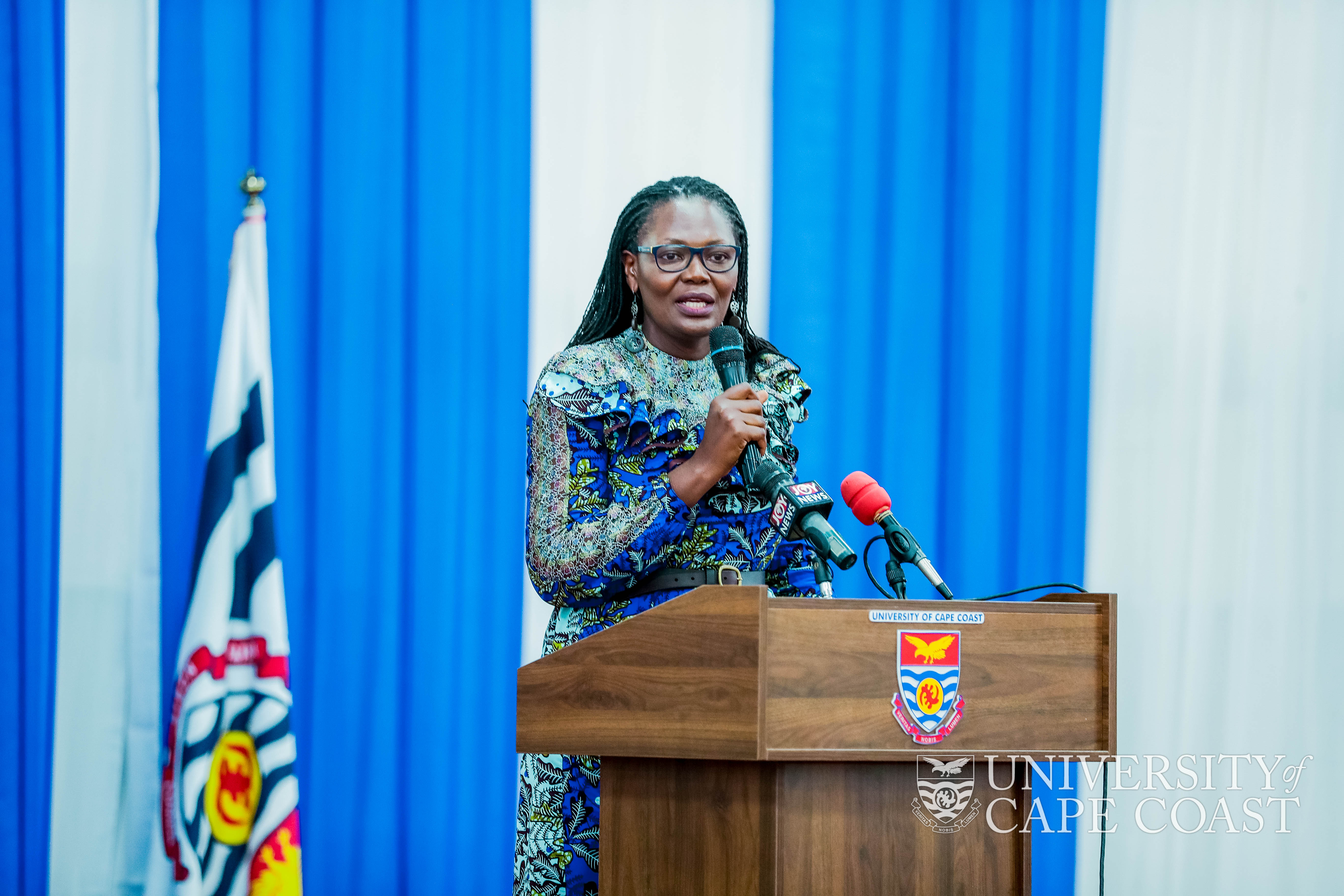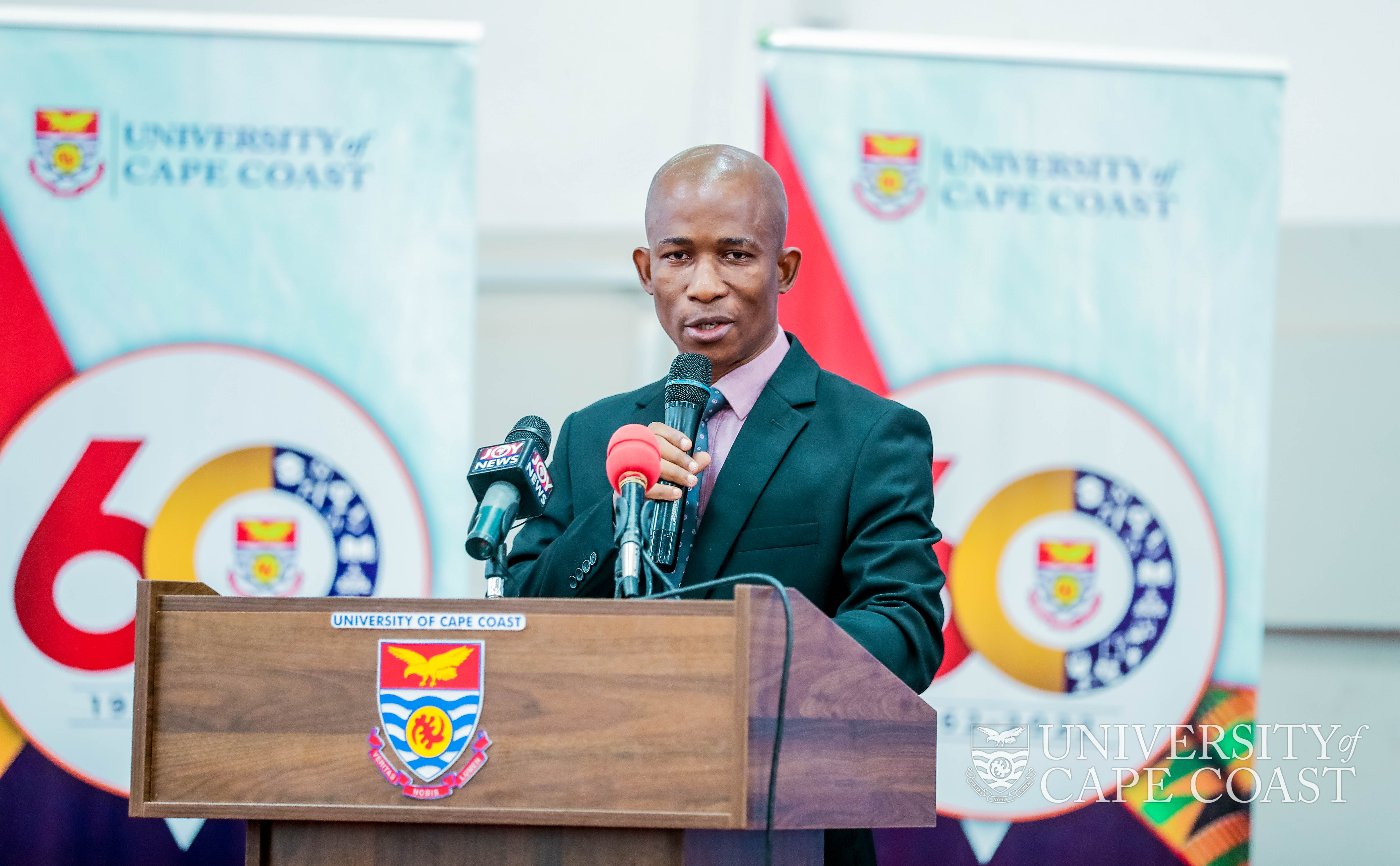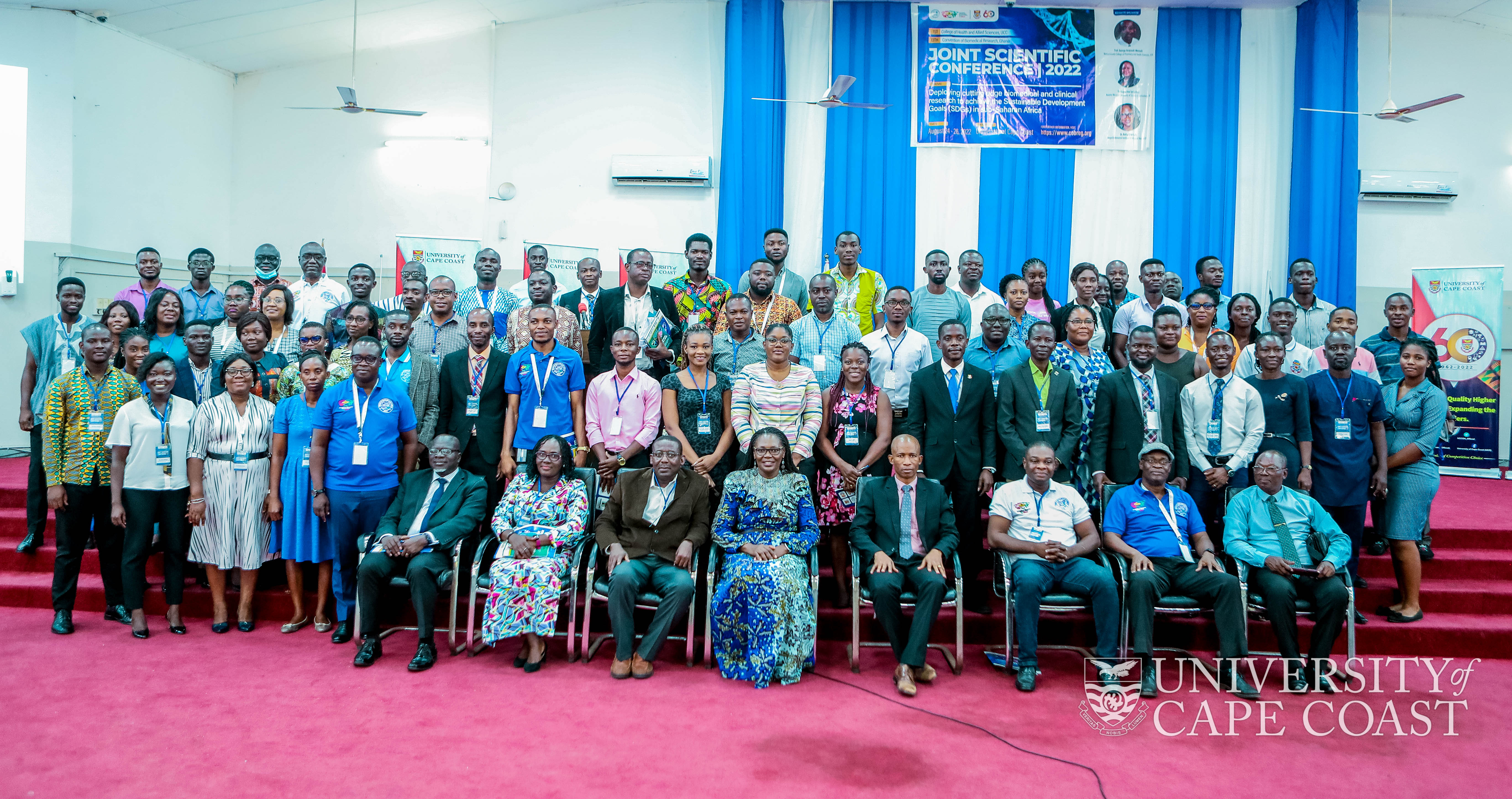A Senior Research Fellow at the Noguchi Memorial Institute for Medical Research, Dr. Anita Ghansah, says the use of malaria genomics can eliminate the scourge of malaria in Ghana.
She noted that the vector-transmissible disease was said to be preventable and treatable, yet it continues to have worrying impact on the health and livelihood of people living in endemic countries. Therefore, she called for the genome sequencing of the population as a catalyst for Ghana's response to malaria.
According to her, genome sequencing allowed for the compilation of the most comprehensive information about an organism’s genetic makeup. Using advanced next-generation sequencing methods, she noted, scientists were able to track and compare viral mutations to understand the origins of imported strains and to discover if any novel strains were emerging locally.
Senior Research Fellow, Noguchi Memorial Institute for Medical Research, Dr. Anita Ghansah
Dr. Anita Ghansah, who was speaking at the 13th Convention of Biomedical Research (CoBReG) and the first College of Health and Allied Sciences (CoHAS) joint meeting at UCC, was presenting a paper on the topic, “From Genome to Policy: Unveiling the importance of Genomics in Public Health in Ghana.”
"If we get this information, it will help the Malaria Control Programme strategize on the use of their interventions and it will make a huge impact in malaria control towards elimination in the country. If there are any emerging resistant parasites, we will be able to curtail it or contain it to where it is occurring before it spreads” she said.
Dr. Ghansah backed the training of people in the area of bioinformatics with computational skills to equip with the skills to analyze the enormous biological data provided through genomic sequencing.
Provost of the College of Health and Allied Sciences, Prof. Martins Ekor, speaking at the Conference
The Provost of the College of Health and Allied Sciences, Prof. Martins Ekor, in his welcome address, asked researchers not to keep their research findings in the labs, but urged them to "translate into society to effect the changes that we all desire".
He commended researchers in the sub- region for "coming together to set up a vaccine centre that will prepare us for the unknown."
Group photo of speakers and participants in the conference
The general theme for the 13th Convention of Biomedical Research, Ghana held at the University of Cape Coast was “Deploying cutting edge biomedical and clinical research to achieve the Sustainable Development Goals (SDGs) in sub-Saharan Africa”.
Source: Documentation and Information Section-UCC


